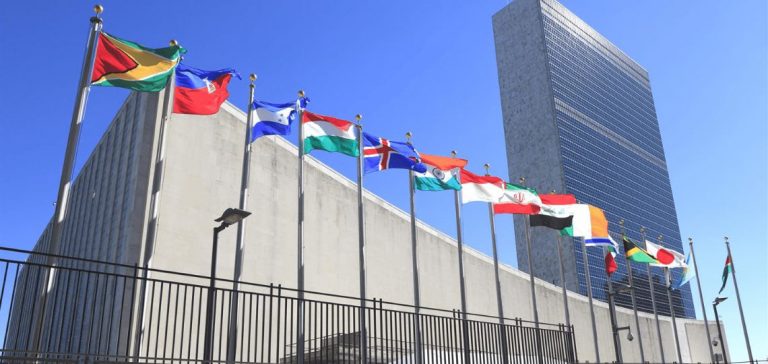The UN Establishes Standards to Accelerate Article 6.4 of the Paris Agreement
The United Nations body tasked with formulating guidelines for a global carbon market under Article 6.4 of the Paris Agreement has approved standards for project methodologies and carbon removals. This decision is considered significant and unprecedented by industry sources and analysts.
The body, also known as the Supervisory Body (SBM), finalized the Removals Standard as well as the Methodologies Standard for Article 6.4 during its recent meeting in Baku, which concluded on October 9. Instead of submitting recommendations to the Paris Agreement signatories at the 29th Conference of the Parties (COP29), the SBM created these standards, thereby expediting the operationalization process of this key carbon crediting mechanism.
“The standardization adopted is essential for making the mechanism fully operational,” the body stated in a statement on October 10. “The Supervisory Body also agreed on recommendations to be reviewed at the upcoming COP29 climate summit.”
Article 6.4 allows a company in one country to reduce its emissions domestically and have those reductions credited so that it can sell them to another company in a different country. The operationalization of this article will provide a new structure for a global carbon market, creating increased demand for carbon credits, with the UN defining eligibility rules.
Negotiations to activate Article 6.4 have been arduous in recent years due to concerns related to integrity and carbon removals project methodologies. However, the adoption of standards by the SBM paves the way for advancements in this area.
Analysts and industry sources believe that this progress paves the way for effective operationalization of Article 6.4, while also having potentially broader consequences. Andrea Bonzanni, Director of International Policy at the International Emissions Trading Association, emphasized that this decision aims to streamline approval at COP29 and allow for more flexible updates of the standards, which she views positively.
“The SBM and its members have a mandate from the CMA (Conference of the Parties serving as the meeting of the Parties for the Paris Agreement) and must uphold it. If the SBM is macro-managed by the CMA and its decisions are renegotiated at every COP, we will never be able to establish an effective credit mechanism,” she added.
With the publication of the standards, project developers can now submit their methodologies to the Methodology Expert Panel under the supervision of the SBM. Dana Agrotti, lead carbon analyst at S&P Global Commodity Insights, stated that this document represents a standard according to which methodologies for removal activities can be designed by the SBM itself, designated operational entities, and private developers.
This means that voluntary carbon market methodologies that comply with the standard could issue Article 6.4 eligible units, subject to progress at the upcoming negotiations. This could unlock additional supply of engineered removal credits, particularly those that could be sanctioned by governments through the application of a corresponding adjustment.
Negotiations to define the criteria for carbon projects to qualify under this mechanism have been lengthy and arduous, with several disagreements, mainly related to integrity concerns. The SBM stated in a report released after the meeting that it will elaborately and expeditiously develop and implement the standards while striving for regulatory stability, and provide the CMA with a report on the progress made on implementing the methodologies standard as part of the annual report to the CMA.
Article 6 of the Paris Agreement sets out the rules for global trade in greenhouse gas emissions reductions. Rules for Article 6.2, which establishes a system of national accounting for GHG emissions with common principles that countries can adopt to allow cross-border exchanges of credits, were agreed at COP26 in Glasgow in November 2021.
Platts, a division of Commodity Insights, assesses a wide range of high-quality voluntary carbon credit funding projects that demonstrate additionality, permanence, exclusive claim, and co-benefits. The value of these credits can vary, ranging from CORSIA-eligible offsets (Platts CEC, $17.30/tCO₂e) to household device offsets ($4.55/tCO₂e) and technological carbon capture offsets ($140/tCO₂e), according to Commodity Insights data from October 9.






















